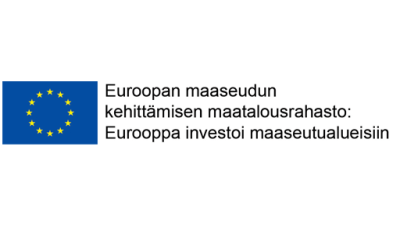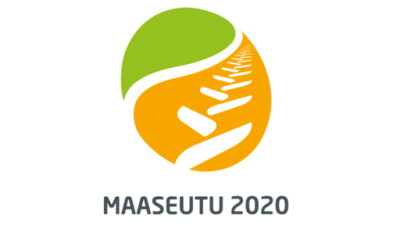Project
DiyKS - Digiosaavat yritykset ja yhteisöt Keski-Suomessa
Project sponsors
The purpose of the Digital Competence for Businesses and Communities in Central
Finland (DiyKS) project was to enhance digital skills among micro and
small rural entrepreneurs, associations, and various community groups. The
project aimed to promote the digitalization of business and community
operations, raise awareness about the environmental impact of technology
solutions, and foster networking and collaboration among businesses and
associations in the Central Finland municipalities.
The project included various measures to improve the personal digital skills of
entrepreneurs and association members. These measures involved digital circles
and workshops focusing on digital competence, as well as webinars and webinar
series covering current digital topics. Additionally, the project aimed to
identify and communicate digital support services tailored to businesses and
associations.
Within the joint digital circle for businesses and associations, participants shared best
practices, successful digital steps, and other relevant digital topics. The
possibility of earning a digital skills badge aimed to add gamification and
motivation to independent digital learning.
The project was part of the Mainland Finland Rural Development Program and was implemented
with co-financing from the EU's Rural Development Fund.
More information: tuukka.kivioja(at)jamk.fi
Project results
As a result of the project, rural entrepreneurs and association members in Central Finland had the opportunity to enhance their digital skills, explore digital solutions relevant to business and association activities, and assess their suitability for organizational use. Collaboration and knowledge exchange with digital support providers contributed to the discoverability of local digital support services. The project successfully embraced a multi-location approach, organizing activities both online and across different parts of the region. By providing information on environmentally friendly technology utilization and offering diverse participation opportunities, the project positively contributed to the rural image.

